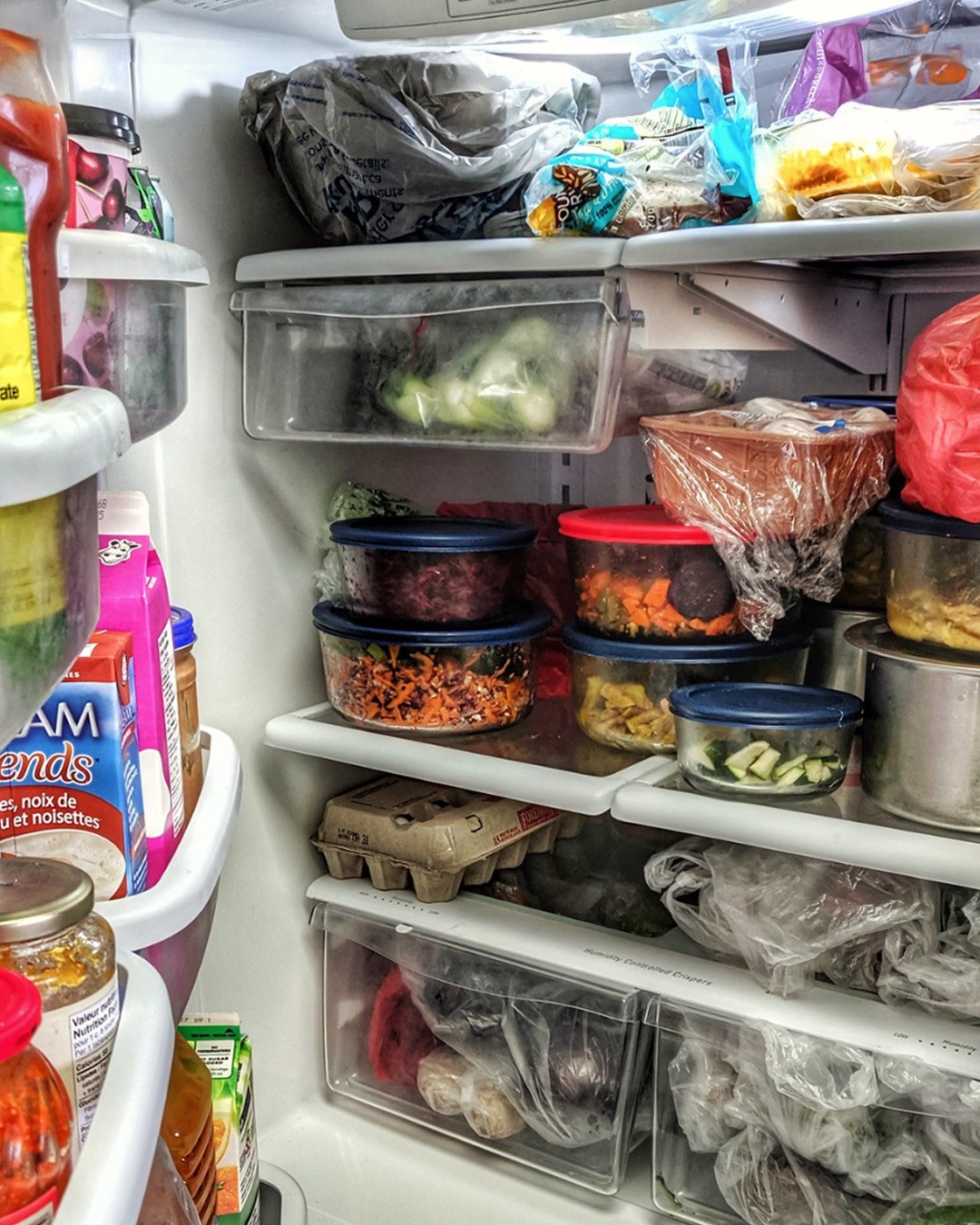My Fridge Was Always Empty Despite My Cooking, One Evening, I Came Home Early and Finally Learned Where the Meals Had Gone

For 25 years, Doris poured her heart into her family through her cooking. It was her love language, a tangible way of showing care and devotion. But when meals began vanishing from the fridge without explanation, she was baffled. One evening, she came home early and caught the culprit red-handed, triggering events that would make her walk away from the life she thought she knew.
You don’t expect betrayal from the person you’ve shared your life with for over two decades. Not the scandalous, dramatic kind you see in movies, but the quiet, insidious type that erodes trust. For Doris, it all started with the fridge.
Cooking had always been her joy. As her children, Ellie and Jonah, grew up, she filled the house with home-cooked meals—lasagna, casseroles, soups—crafted with love even after long shifts at the hospital.
“Mom, how do you do it?” Ellie would ask, sitting on the kitchen counter.
“Love, sweetie,” Doris would reply, stirring a pot of beef stew. “It’s all about love.”
When the kids moved out, Doris assumed her culinary workload would ease, but she continued to cook with the same passion. She loved feeding her husband, Randy, and ensuring their fridge was always stocked. But then, the fridge became a mystery.
Every time she came home, it looked ransacked. Meals that should have lasted days were gone in hours, and dirty containers piled up on the counter.
“Randy,” she asked one evening, trying to keep her frustration in check, “where’s all the food going?”
“I was really hungry,” he said with a dismissive shrug.
“All of it? In one day?” Doris gestured toward the sink full of dirty dishes.
“What can I say?” he chuckled. “I’m a growing boy.”
“It’s not funny, Randy,” she said, her voice shaking. “Do you have any idea how long it takes to make these meals?”
“Come on, Doris,” he replied, scrolling through his phone. “You love cooking. It’s your thing.”
His nonchalance stung, but Doris let it go, too exhausted to argue after her 12-hour shift. Still, the pattern continued. Every meal she lovingly prepared disappeared without explanation. Randy’s excuses—“I skipped lunch,” “It’s too good to resist”—grew flimsier with each passing day.
One day, a colleague suggested something Doris initially dismissed as absurd: setting up a hidden camera.
“In my own kitchen?” Doris laughed. “That’s ridiculous.”
“Is it?” her colleague challenged. “Because something’s not adding up.”
Doris brushed off the idea until the night she came home early, a headache and nausea forcing her to cut her shift short. As she entered the house, she was greeted by loud music blaring from the kitchen. Confused, she called out, “Randy?” but received no response.
She stepped into the kitchen and froze. There, standing at the fridge, was May—Randy’s sister—methodically packing container after container of food into a garish pink tote bag.
“May?” Doris’s voice was icy. “What are you doing?”
May spun around, nearly knocking over a container of soup. “Doris! You’re home early,” she stammered. “I was just… uh… taking some leftovers. Randy said it was fine.”
“Put it all back,” Doris snapped.
May’s face reddened. “It’s not a big deal. I’m family.”
“Family doesn’t steal,” Doris retorted. “And family doesn’t make you feel invisible.”
“Randy said you wouldn’t mind!” May protested. “He gave me a key—”
“A key?” Doris cut her off, her voice shaking with anger. “So this has been happening regularly? While I’m at work?”
May stammered excuses, but Doris wasn’t listening. She grabbed her phone and started filming.
When Randy ambled downstairs moments later, rubbing his eyes, Doris played the video for him.
“Why?” she demanded. “Why would you let her do this?”
“She needed help,” Randy mumbled. “It’s just food, Doris. Why are you making such a big deal out of it?”
Doris’s anger boiled over. “Just food? Do you even hear yourself? I spend hours preparing these meals, and you’ve been giving them away like they mean nothing!”
“You’re overreacting,” Randy shot back. “She’s my sister. What was I supposed to do? Tell her no?”
“Yes!” Doris yelled. “That’s exactly what you should have done!”
Randy’s silence was deafening.
The realization hit Doris like a punch to the gut. Randy didn’t value her effort. To him, her cooking was an endless resource, something to be taken for granted.
“I’m done,” she said quietly, her voice steady. “You can fend for yourself from now on.”
For the next few days, Randy attempted to salvage the situation. He ordered takeout and pretended it was homemade, but Doris wasn’t fooled. By the third day, she knew the truth: she wasn’t his wife. She was his maid, his cook, his convenience.
The next week, she packed her bags. Randy’s pleas—“It’s just food!” “What about everything we’ve built?”—fell on deaf ears. When her children questioned her decision, she explained it wasn’t about food but about respect. Slowly, they began to understand.
Months later, Doris received a message from May:
“Randy asked me to help with meals, but I can’t handle it. He’s impossible. I’m sorry for everything.”
Doris laughed. Of course, Randy had turned to May. And of course, May had hit her limit too.
Now, Doris keeps the video of May and her pink tote bag as a reminder. It’s not about the food—it never was. It’s about valuing yourself enough to walk away when the people around you don’t. And every time doubt creeps in, she replays the video and remembers: she deserves better.